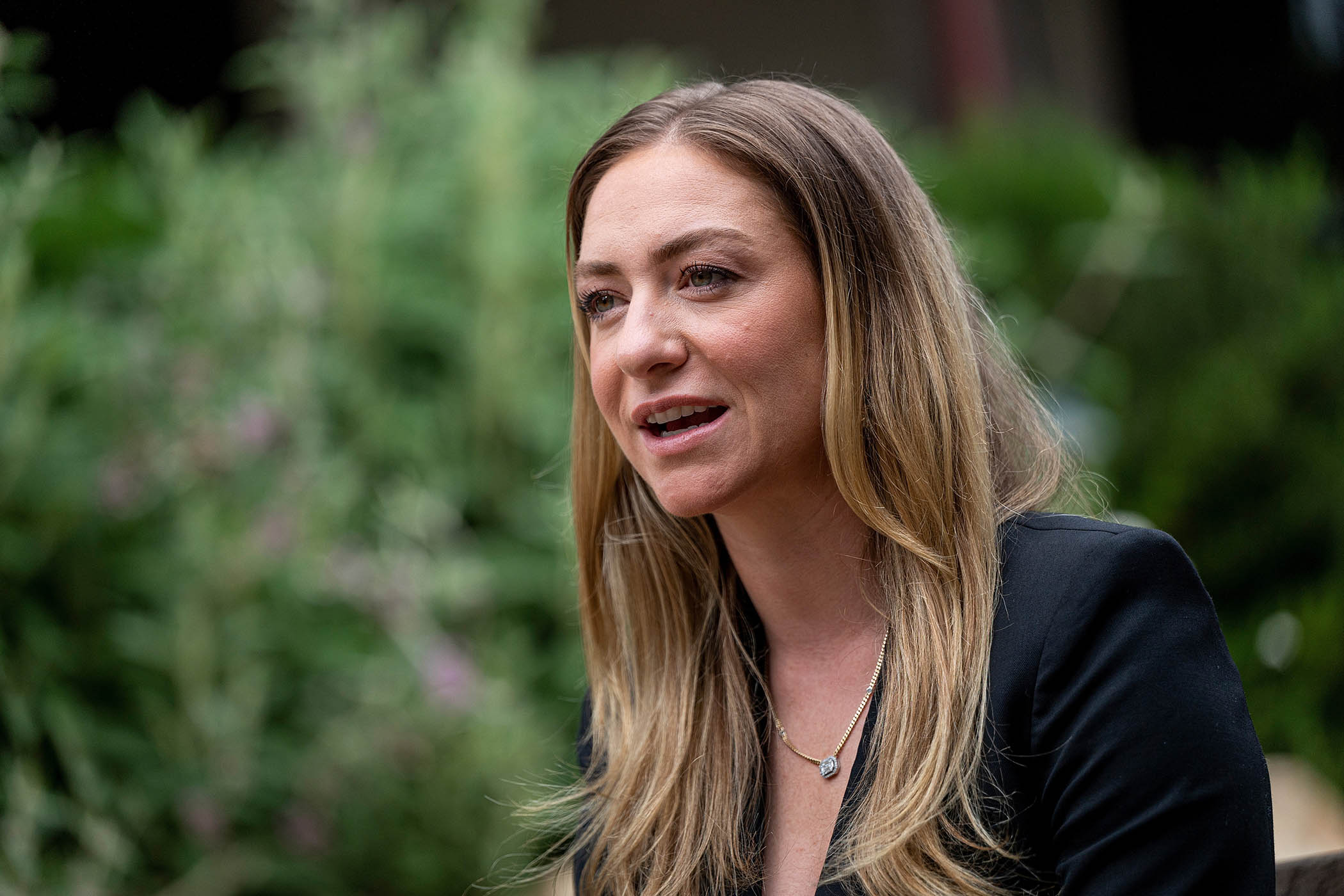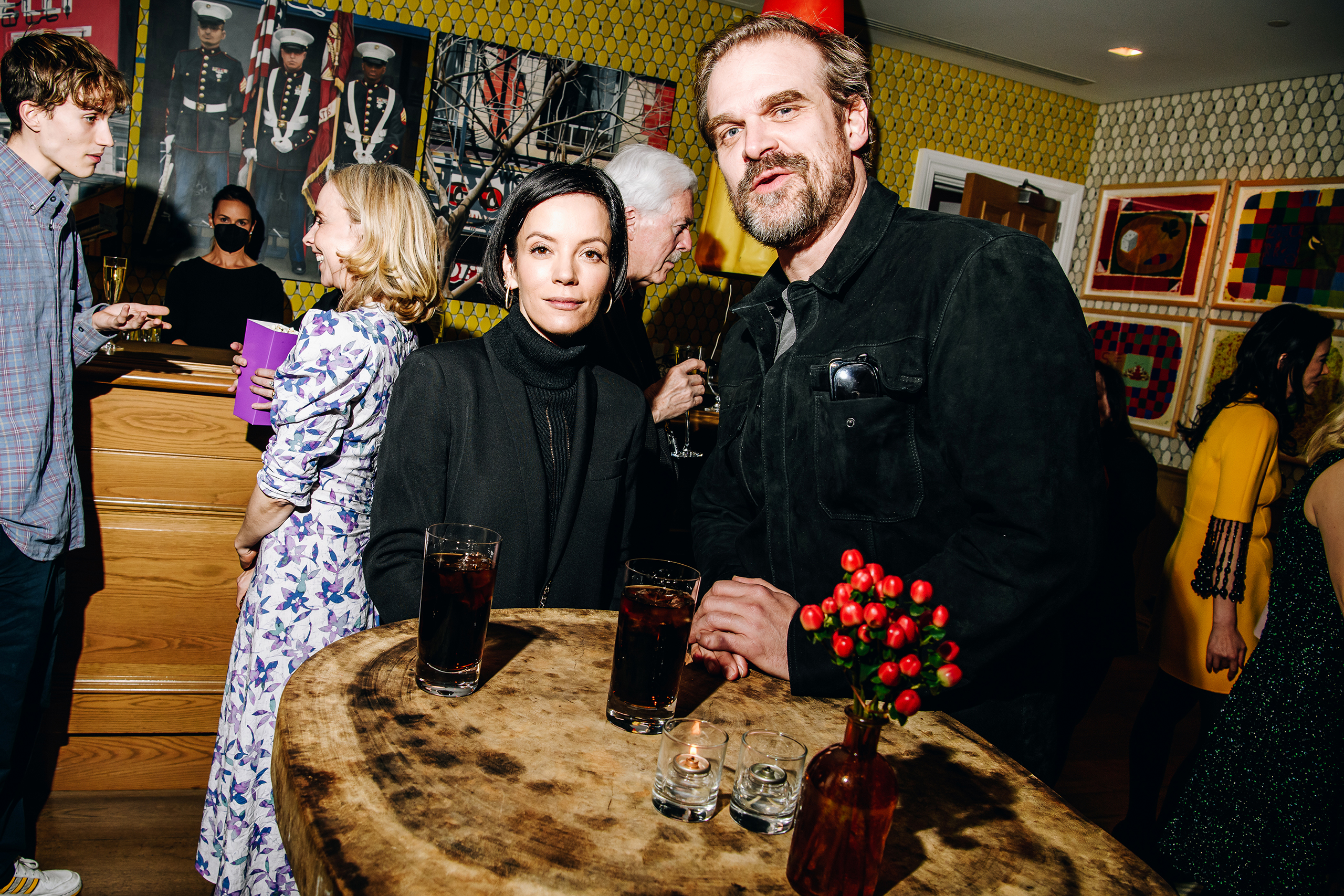By now most of us have accepted the bitter truth that plenty of the industries we have today will disappear in the near future. Some of these industries will be replaced by technological advances. Driverless cars will render cabbies obsolete. Beloved Observer columnists will be replaced by even more beloved AI journalists. But some industries will cease to exist for the opposite reason, because of a return to past traditions. The ingrained millennial practice of mindless dating app swiping is about to be replaced with old-school matchmaking.
Seeking Arrangement was once the marketplace of ideas for aspiring sugar babies (young women searching for older, rich men to buy them expensive dinners and luxury handbags). You could log on, set yourself up a profile and, if you were appealing enough, snag a sugar daddy (sugar mummies exist but are harder to come by). You could secure yourself a monthly “allowance” at best and a steady stream of gifts at worst.
In 2017, when the website was still at the peak of its powers, I went along to a sugar baby conference, held in a hotel in Soho, where coaches lectured newbies on how to best appeal to the marketplace. It was a bit like what I imagine Ponzi schemes and multi-level marketing scams look like, but with more wedge sandals. Actually, maybe the same number of wedge sandals. During one lecture, a sugar baby told a crowd of hundreds, mainly women, to identify their USP (unique selling point). Hers, she explained, was that she was “docile”.
It all felt a bit eerie. So eerie, I think, that it’s understandable that today the website wants to divorce itself from its pseudo-empowering origins. Introducing “Seeking.com”, a place for successful men to date attractive women. The company now has a new She-E-O, 25-year-old Dana Rosewall, wife of the 55-year-old founder Brandon Wade. Under her influence, sugar babies have a new outlook. It’s no longer about being docile. It’s about pursuing “hypergamy”.
Or what Rosewall dubs “modern hypergamy”, an updated take on the traditional practice of marrying upwards for social and financial gain. “The idea that if a woman wants to date a successful man whom she admires and looks up to equates to ‘sugar dating’ is a narrative that did not appeal to me, and it no longer fits our community either,” Rosewall said last year. “Our dream is for our brand to reflect this reality: that Seeking is the go-to dating platform for inspiring love stories that people aspire to. I call it modern hypergamy.”
The sugar baby conference had the look of a Ponzi scheme but with more wedge sandals. Actually, maybe the same number of wedge sandals
The sugar baby conference had the look of a Ponzi scheme but with more wedge sandals. Actually, maybe the same number of wedge sandals
I admit it, I am minded to sneer at this kind of thing. It would never work if the gender roles were switched. Even in the girlboss atmosphere of the mid-2010s, I couldn’t get on board with Seeking Arrangement’s conference. I felt that charging people for this kind of advice was slightly sinister. I thought – ungenerously – that the women attending were basically losers.
But Seeking’s zoomer update has shown them to be trendsetters, not outliers. Interest in hypergamy has rocketed in the past few years, as traditional gender roles have drearily returned. In a cost of living crisis, nobody is buying Louis Vuitton purses for their dates. But they might just marry them instead.
Or try to, at least. Dating app fatigue drove more than one million people to quit the apps for good last year and instead pushed them into the arms of matchmaking services such as the one featured in the recent film Materialists. And, as in director Celine Song’s anti-romcom, real-life matchmakers often become luxury goods themselves. While you can get matched on the cheap (Japan has rolled out a municipal matchmaking service, attempting to address the country’s continually declining birthrate), more often than not, hypergamy is gonna cost you.
Related articles:
Some matchmakers only work with specific demographics; Hamilton Rigg exclusively represents UHNW (ultra high net worth) men, while Bonnie Winston, based in New York, can charge as much as $150,000 to find you the love of your life. The industry is expected to be worth $13.4bn by 2030.
Matchmaking has always existed as a way to find love, but placing such huge price tags on this work seems cynical. In Materialists, Dakota Johnson’s Lucy finds herself increasingly burned out by her matchmaking job as both parties see each other as a collection of marketable assets – salary, height, age – rather than a full person. You can see this attitude play out on the internet, encouraged by the online dating coaches who appeal to women to date men who can provide for them financially. These sit alongside incel-esque posts that grade famous and non-famous women out of 10, call them “foids” (meaning they are sub-human) or comment on their appearance and perceived fertility.
Newsletters
Choose the newsletters you want to receive
View more
For information about how The Observer protects your data, read our Privacy Policy
The internet feels like a lawless place at the moment, somewhere where online and offline matchmakers can manipulate the “male loneliness crisis” and take advantage of a creeping conservatism that has reduced us to a series of numbers or attributes. Perhaps the only people unsurprised by this outcome are the original Seeking Arrangement sugar babies. Inside their conference centre, almost a decade ago, many of the young women at the Sugar Baby Summit were championing the kind of dating advice now parroted on TikTok: “Don’t become intimate until you feel he deserves it” and “the world is full of jerks”.
Shrugging off dating apps or sugar dating and turning instead to luxe matchmakers who will define people in the same clinical terms – fat, thin, rich, broke – is not an improvement. Instead, it’s going to make us more atomised, more resentful of one another, more adversarial towards dating. At the end of Materialists, Lucy realises there is more to love and life than wealth. Today’s matchmakers are yet to learn the same. The movie was a satire, but some seemingly took it as an instruction manual. I keep thinking back to the Q&A section at the end of the Sugar Baby Summit.
“What do you do when a sugar daddy says he loves you?” someone asked. “Just say ‘I love you too’,” the coach replied. “You don’t have to mean it.”
Illustration by David Foldvari



